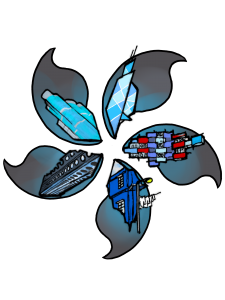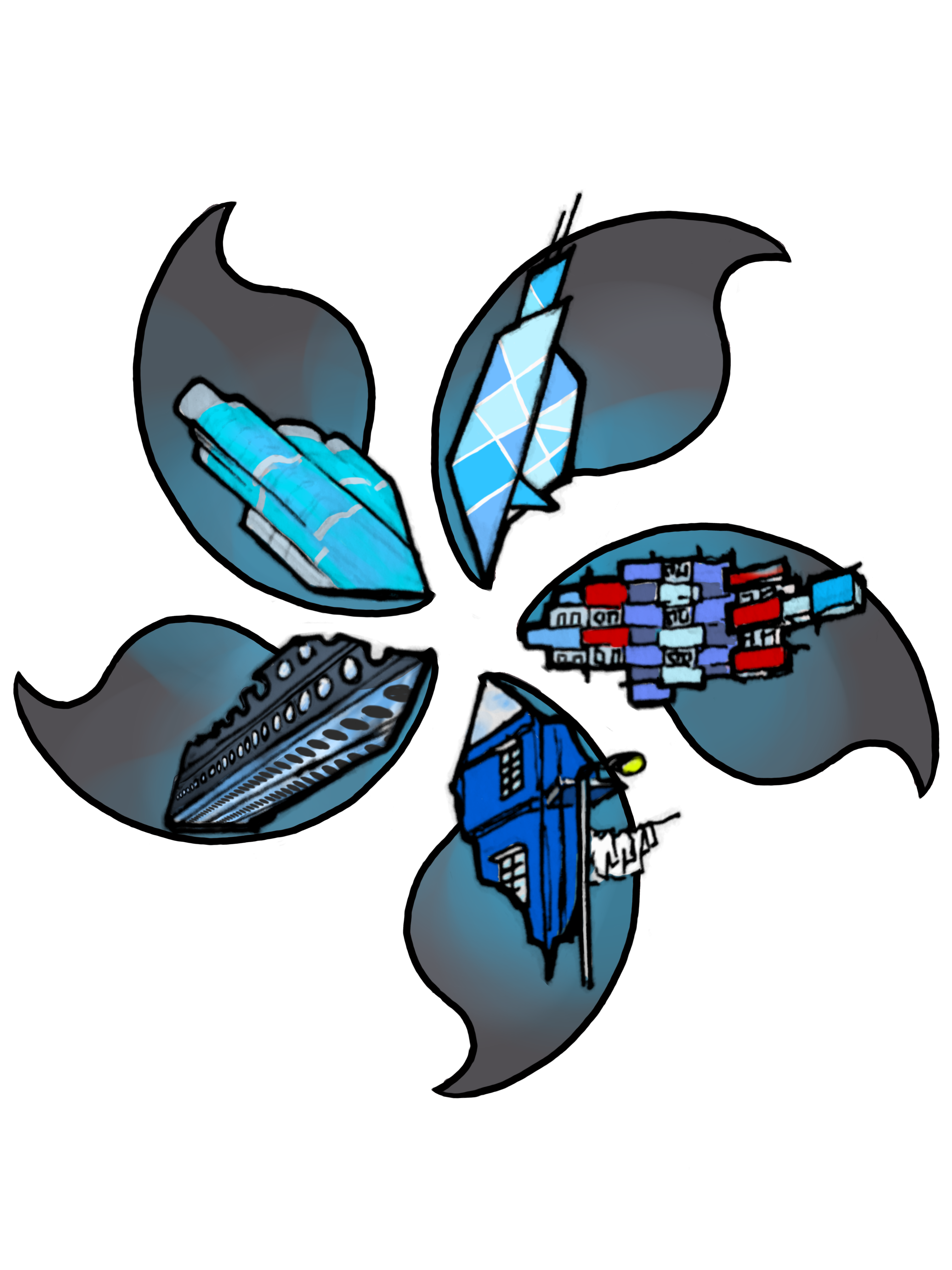Banson Leung
Banson Leung
Wetlands Officer, WWF-HK
 Banson Leung has served as a Wetlands Officer with the Conservation Team at Mai Po Nature reserve for the last two years. His passion for birds and bird-watching led him to leave his work with the Hong Kong Bird Watching Society in order to address environmental degradation. Currently, Banson works alongside other Wetlands Officers at Mai Po Nature Reserve to monitor the reserve, conduct research, and provide critical information for WWF-HK and the general public.
Banson Leung has served as a Wetlands Officer with the Conservation Team at Mai Po Nature reserve for the last two years. His passion for birds and bird-watching led him to leave his work with the Hong Kong Bird Watching Society in order to address environmental degradation. Currently, Banson works alongside other Wetlands Officers at Mai Po Nature Reserve to monitor the reserve, conduct research, and provide critical information for WWF-HK and the general public.
“They can come from Mainland to Hong Kong. They just pass the border or just use a boat to cross the river. They usually use the trap to catch the mudskipper and then, because the mudskipper is a major food source for the migratory bird when they overexploit, maybe over-catch the mudskipper…”
Banson Leung Transcription
“Mai Po Nature Reserve is classified as the Ramsar site in 1995, before the Ramsar site was classified, Mai Po is a traditional gei wai region that rear the fish and the shrimps, and then after we were classified as the Ramsar site the WWF-Hong Kong would like to do more in the Mai Po Nature Reserve. Maybe we run the gei wai in a traditional way…”
Banson Leung Transcription
“People don’t really trust about the science. We send out many reports every year, but the response rate would be a little bit low. Maybe they will doubt that how your research is done or something like that. I think that if the government and the public can trust more about science, then we can have a better way to do the environmental protection…”
